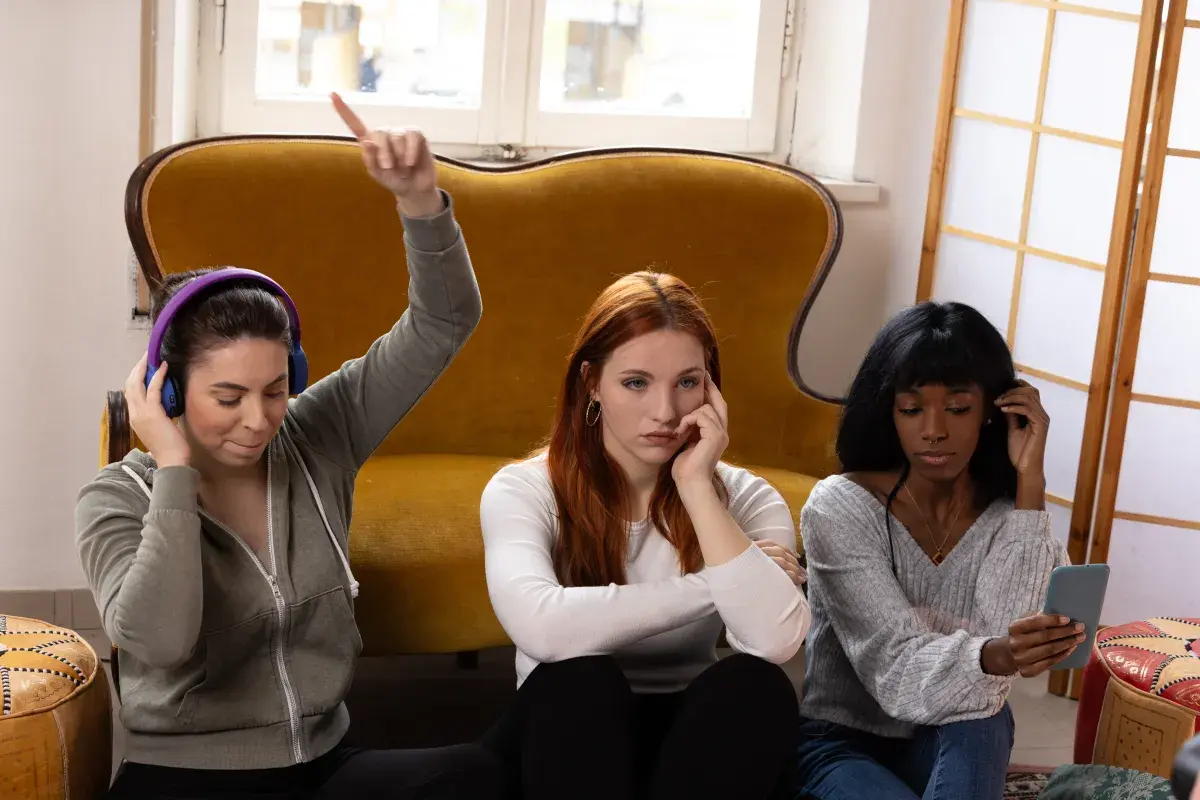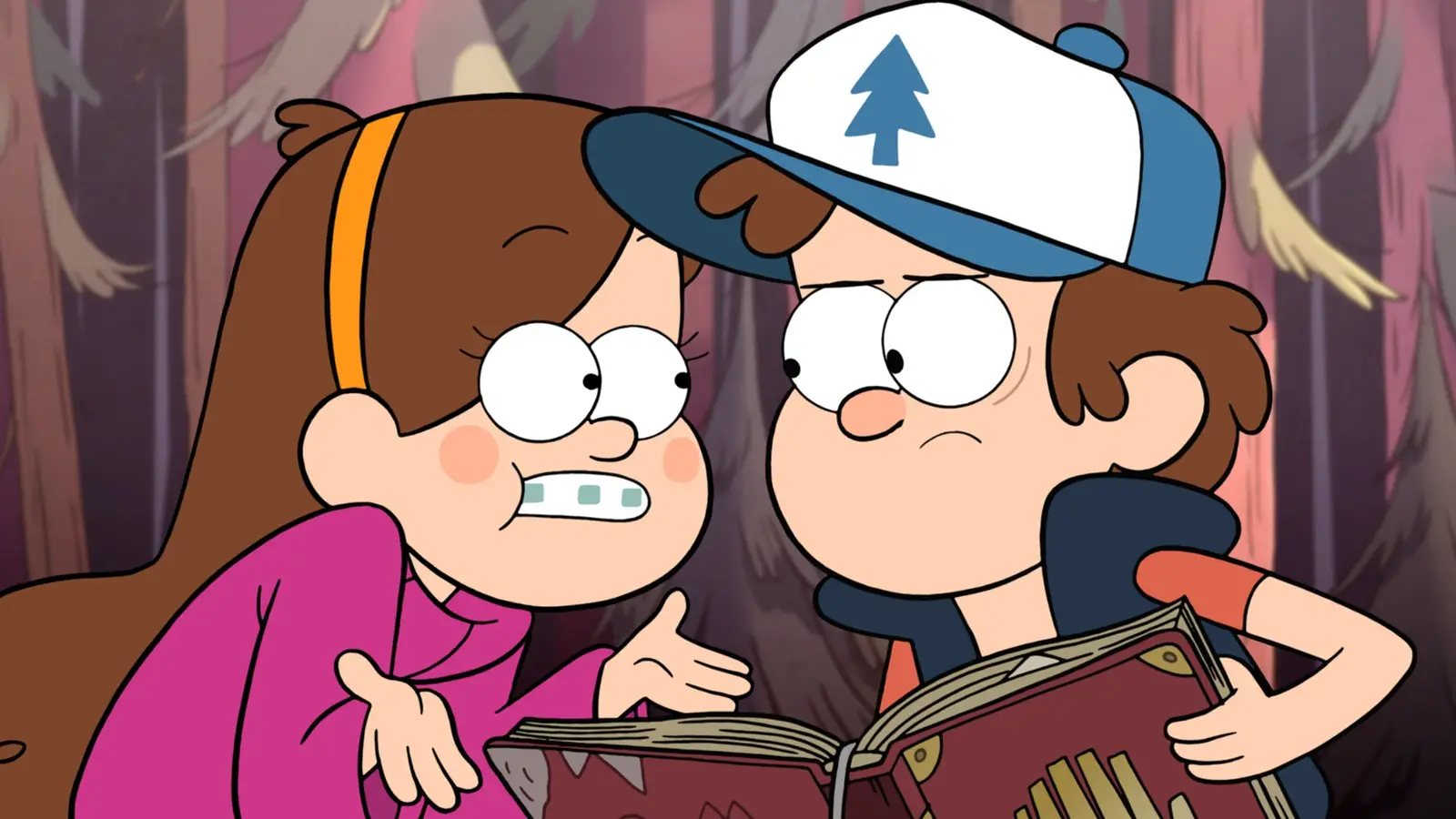
Friendship is often described as one of life’s greatest buffers against stress and loneliness. But when the balance tips and you find yourself giving far more than you receive, the relationship can shift from a source of strength to a steady drain.
Experts told Newsweek that the earliest warning signs of a one-sided friendship are easy to overlook—yet noticing them could spare years of resentment.
“True friendship isn’t transactional; it’s built on mutual care and showing up in both the easy and difficult moments,” said Sharon Yu, a licensed family therapist in California.
Zoe Asher, a friendship coach and host of the friendship-focused podcast Accidentally Intentional, added: “At the end of the day, friendships are supposed to be a two-way street. If you’re the only one paying the tolls long-term, then it isn’t friendship—it’s a drain.”
Dr. Kimberly Horn, a research psychologist and author of Friends Matter, For Life, said the science backs this up: “When the balance consistently tilts one way, tension builds, and reciprocity, the heartbeat of friendship, breaks down.”
Here’s how to spot the red flags before they take a toll, according to the three experts.
1. You Are Always the One Reaching Out
“If you’re the one consistently initiating texts, calls, or plans—and they rarely do the same—it can be a sign that the friendship depends on your energy to keep it alive,” Yu told Newsweek.
Asher said she once needed to be confronted by a friend to realize she was not pulling her weight emotionally. That conversation did not end the relationship—it made it stronger. She hopes that her experience can encourage others to communicate their needs.
“She gave me a gift by extending the opportunity for me to clarify, and from there, we built something deeper,” Asher said.
2. They Are Absent When You Need Support
Yu advised watching how present a friend is in difficult times. If they disappear when you are struggling but expect comfort when it is their turn to get support, the imbalance is clear.
Still, Asher warned against treating crisis support as the only measure of friendship. The podcast host said that lots of people think a “good friendship” means having someone who will drop everything when you are in crisis, but that she considers this metric a really low bar.
“If your entire definition of friendship is based on emergencies, then you’re treating it like a transaction,” she said. “Arthur Brooks talks about the value of ‘useless friends,’ and I love that phrase. He means the friends who aren’t there just to fix something, but to simply enjoy life with you.”
For Asher, the casual coffee hangouts, the last-minute accountability check-ins, and the random laughs on a Tuesday night matter just as much as being there in the tough times. The podcast host says that an important caveat is that there are seasons where a friend genuinely does not have much to give. They could be in the midst of grief, caregiving, dealing with a health concern or burnout.
Horn noted that inconsistent support, what she calls “ambivalence,” can result in higher levels of stress under the surface.
“Unpredictability in a friendship forces your body into constant vigilance, causing an unhealthy stress burden,” she said.
3. Conversations Center Around Them
“When most of your interactions revolve around their stories, their stress, or their successes, while your own life goes largely unnoticed, this imbalance can leave you feeling unseen,” Yu said.
Horn added that when this happens, resentment is never far behind.
“If you often leave time together feeling drained, resentful, or questioning your value, the friendship is probably taking more than it gives,” she said.
4. Celebrations Do Not Go Both Ways
Asher recalled a client who shared a career win only to be met with jealousy from their friend, rather than a congratulations.
“Moments like this cut deep,” she said. “True friends don’t just show up when you’re down; they are also the ones cheering you on.”
Sometimes, though, flat reactions may come from insecurity rather than a lack of care. Asher suggested giving friends the chance to rise to the occasion, by communicating to them that the “win” is a big deal and that they would love to celebrate alongside them.
5. Boundaries Are Not Respected
“If you express a need for space, rest, or a boundary and it’s dismissed, minimized, or guilt-tripped, it’s worth noticing,” Yu said. “Respect for each other’s limits is a cornerstone of sustainable, affirming relationships.”
Asher added: “If you saying ‘no’ means your friend guilt-trips you, gets angry, or disappears, then the friendship isn’t really mutual. That shows they wanted your compliance, not your connection.”
6. The Relationship Feels Like Obligation
Yu said that when you find yourself saying “yes” out of habit or guilt rather than genuine desire, the friendship may no longer feel nourishing.
Horn explained that if you start “keeping score” of who texts, calls, or makes plans, that bookkeeping itself is a signal that something is wrong.
“It’s because the lack of reciprocity has left you feeling undervalued, unseen,” she said. “That mental bookkeeping is a red flag.”
7. You Leave Interactions Feeling Drained
Yu urged people to check how they feel physically and emotionally after spending time with a friend.
“Do you feel lighter, understood, or grounded—or instead, exhausted, anxious, or diminished?” she asked.
Asher agreed, adding that friendships should lift you up, not shrink you down, but the podcast host says these moments can be opportunities rather than endings.
“Instead of silently stewing on it, I encourage others to bring it up,” she said. “Hard conversations can either unlock a whole new level of depth—or give you the clarity that it’s time to let go.”
Not every season of imbalance means a friendship is doomed. Life circumstances can temporarily tilt the scales, and sometimes, an honest conversation is all that is needed to restore reciprocity.
Sometimes you can rebuild something new instead of labeling a friend “toxic” or walking away at the first sign of hurt. In fact, some of the deepest connections hinge on hard conversations.
But if the signs of a one-sided friendship keep piling up, the experts unanimously agree it may be time to reassess, as friendships have a bigger toll on our emotional lives than we often perceive.
As Horn, whose book about friendship was endorsed by Mel Robbins, put it: “Research shows when we trust our friends to be as equally generous of time and spirit as we are, we work harder to keep the bond—opening up in ways that deepen the friendship.”



